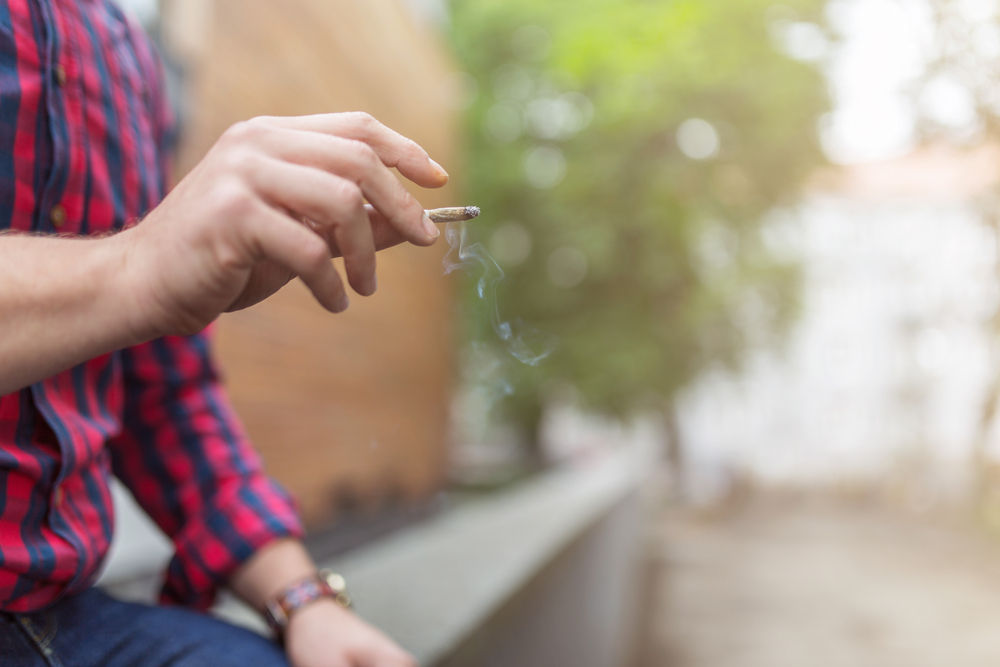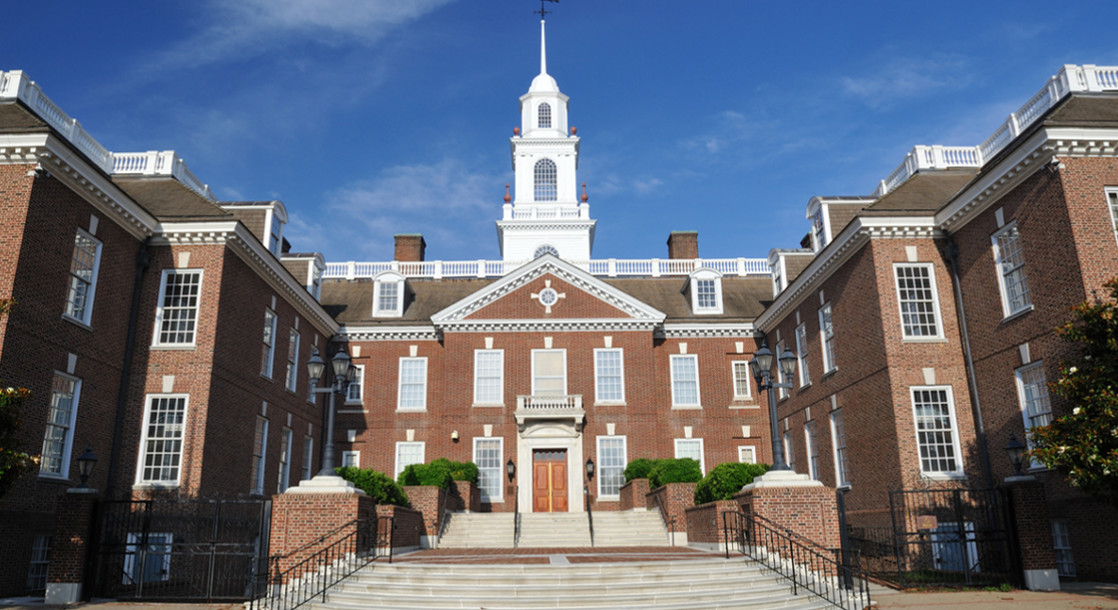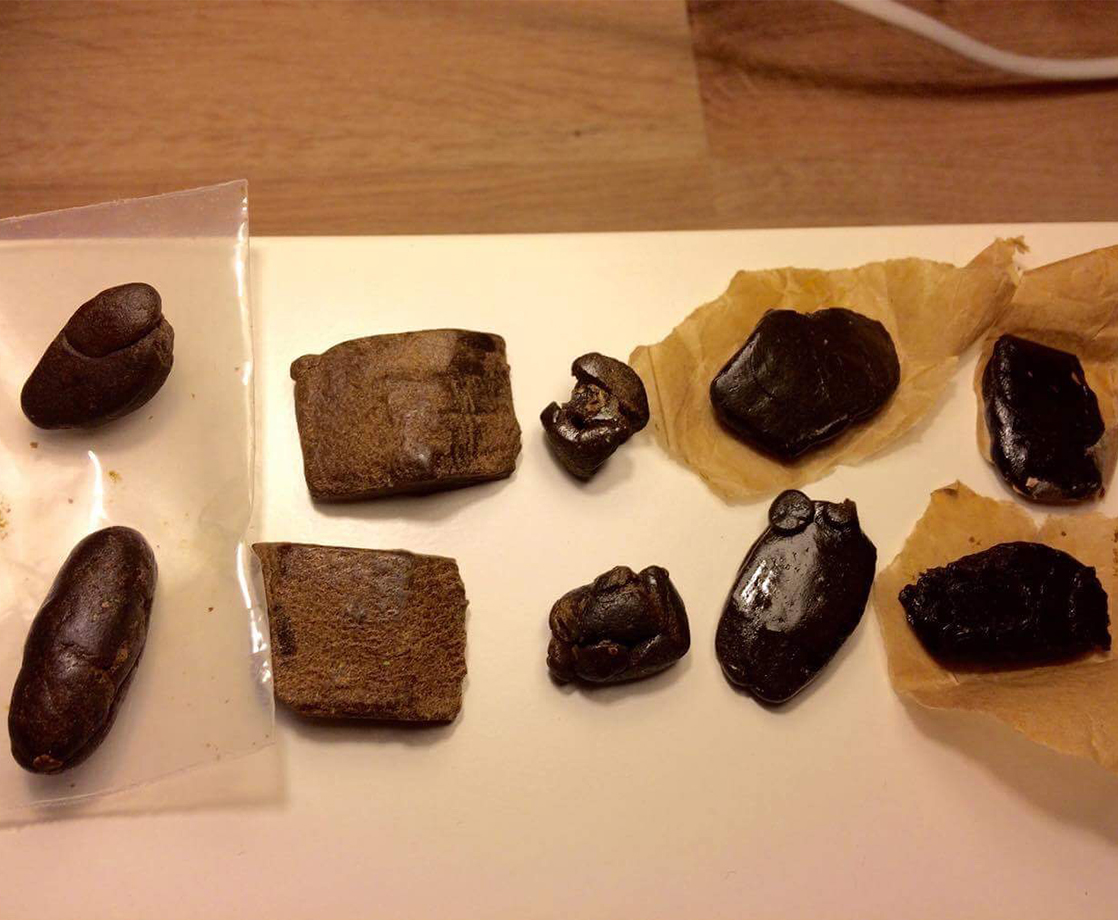Cannabis users show more empathy, higher moral standards, and are more likely to help others than non-users, according to a new study published in Scientific Reports.
Prohibitionists regularly claim that cannabis use promotes violence, psychosis, and antisocial behavior, but recent research studies have debunked most of these myths. But with so much focus on potentially negative effects of cannabis, relatively few researchers have taken the time to explore the positive side. Researchers from the Medical Cannabis Research Fund at the University of New Mexico set out to correct this oversight with a new study focusing on prosocial behavior.
“Due in part to its nearly century-long designation as an illicit substance by the federal government of the United States, the scientific community has mostly focused on the pharmacodynamics and health risks of consuming the Cannabis plant, with much fewer investigations of its potential effects on other basic elements of normative psychological functioning,” the study authors wrote. “For example, ‘prosociality’ refers to the intentional act of advancing the well-being of other people. Prosocial behaviors, such as displays of empathy, providing assistance to others, and engaging in community service, not only enhance the individual’s social status, but also promote distinct health advantages.”
The researchers recruited 146 undergraduate students and asked them to fill out several standard psychological assessments. These questionnaires rated subjects’ overall aggressiveness, perceived trustworthiness of others, empathy, and moral foundations. Participants also reported how often they engaged in prosocial behaviors, like spending time with lonely friends or volunteering for community service. Subjects were also asked if they used cannabis, and if so, how recently. These responses were verified with standard urinalysis drug tests.
The 68 subjects who tested positive for THC showed significantly higher levels of empathy, prosocial behavior, and moral foundations of harmlessness and fairness than subjects who did not use cannabis. These findings might suggest that prosocial people in general might be more likely to try pot than others, but researchers also found a significant linear link between recency of pot use and prosocial behavior. The more recently that subjects got high, the more likely they were to score higher on assessments for empathy, moral harmlessness, and moral fairness.
“Positive benefits seem to really be correlated with the recency of cannabis use, which makes it hard to say that people are just consuming cannabis when they’re feeling pro-social,” said UNM economics professor and co-author Sarah Stith in a statement. “[With cannabis use] you typically would expect there to be negative externalities. You know, maybe there’s some negative behavioral changes or secondhand smoke or things like that, but in this case it’s suggesting, actually, that people might get along better if they were consuming cannabis, which is pretty extreme.”
“It seemed as though cannabis tends to result in a psychological shift from externally pressured goals,” said Jacob Vigil, UNM psychology professor and lead researcher. “And to me, my observation is that cannabis tends to result from that kind of egocentric or perhaps, externally pressurized trajectory towards one that is more primal and one that is more concerned with humanity in a broader collective context.”
In addition to making society a better place for others, prosocial behavior also has personal mental and physical health benefits. “Individuals that voluntarily engage in higher rates of prosociality benefit from greater physical health, lower disease rates, higher quality of life, and longer average lifespans,” the study explains. “Psychologically, prosociality induces feelings of happiness, which in turn increase the motivation to engage in further acts of prosocialty thereby creating a positive behavioral health loop.”
The positive health effects of a prosocial mindset may help explain why cannabis users also tend to be healthier and happier than non-users. Previous studies have reported that medical and recreational cannabis users are healthier, happier, and even less likely to get cancer than non-users. Other studies have found that regular stoners are more likely to exercise and are less likely to be obese than teetotalers.











